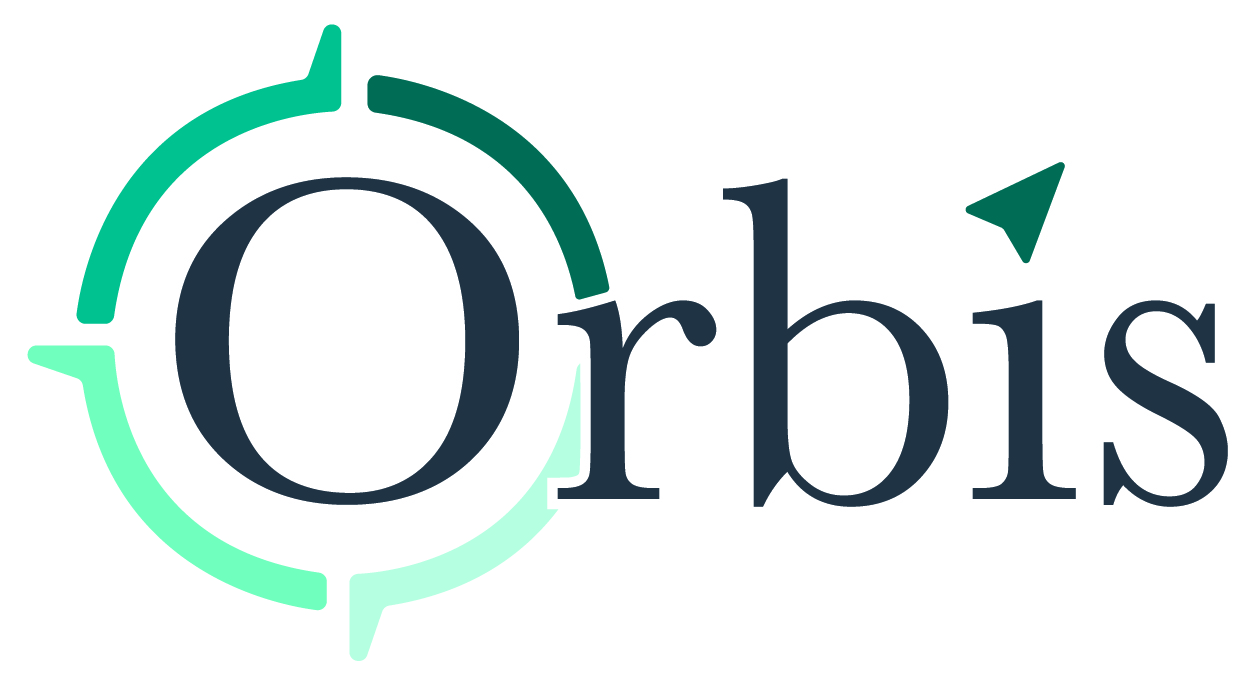First thing to know about public speaking:
Even if you are not a professional speaker, there are times in life when you are called to speak – introducing a speaker at a conference or at a special occasion. This article gives an important tip for overcoming the fear of public speaking and offers 4 strategies for giving a good speech.
Often people dislike public speaking because of the fear of failure or rejection.
Tip: your audience wants you to succeed.
Generally, people are empathetic.
Honestly, your audience wants you to succeed, because listening to a good speech is more pleasant.
As an adjunct instructor at Eastern Wyoming College, I give my students four tips for succeeding in public speaking.
- Be prepared.
Some people are blessed with the ability to improvise and speak “off the cuff.” My challenge to those people is to practice anyway.
- Be engaged.
If you are the speaker, look for a friendly face. Make eye contact. If you are in the audience. Smile. Nod. Be attentive.
- Be respectful.
Audience: do not enter/leave during presentations. Speaker: adhere to time limits.
- Be professional.
When you look your best, you’ll feel your best, and perform your best.
Even if you are not a professional speaker, you may be called upon to introduce a speaker at a conference, give a toast at a special occasion, or pay respect to the life of a loved one.
Introduction of another speaker
Your sole purpose in introducing a speaker is to get the attention of the audience and persuade them to listen.
“A creative, insightful, and persuasive introduction can focus a distracted audience’s attention, help build a bridge between the audience and the speaker, motivate the audience to listen with interest and excitement, create a positive environment that supports a successful event, and makes the introducer seem credible and confident, too.” (Deborah Grayson Riegel, Harvard Business Review)
The toast (or roast)
When congratulating someone, remember to keep your comments brief. The attention should be on the honoree (not the speaker). Avoid inside jokes that could make the audience uncomfortable. Be sincere. While a roast can include good-natured humor, be sure to poke fun, not blast the person. Again, be brief.
Eulogy
When you are asked to give the eulogy for a friend or loved one, approach the task with honor, dignity and careful preparation. It is a good idea to print your comments, in case you are unable to speak and someone else needs to read your comments. Follow these three steps (from the college textbook, Effective Public Speaking):
- Praise
Remind the audience why the person was so special. Highlight their accomplishments.
- Lament
Express grief. Acknowledge sadness.
- Console
End the eulogy on a positive note to reassure the audience. If the deceased was religious, offer scripture. A very common passage is the 23rd Psalm:
“The Lord is my shepherd; I shall not want. He maketh me to lie down in green pastures: he leadeth me beside the still waters…Surely goodness and mercy shall follow me all the days of my life: and I will dwell in the house of the Lord for ever.”
In closing, I’ll share a story about the best advice about public speaking. I was attending a reception for a political candidate, whose wife confided in me that she was not very comfortable speaking in public. I assured her that her kindness and sincerity was readily apparent. This was my advice to her, and to anyone reading this:
“As long as you are authentic, you will be successful when public speaking.”

